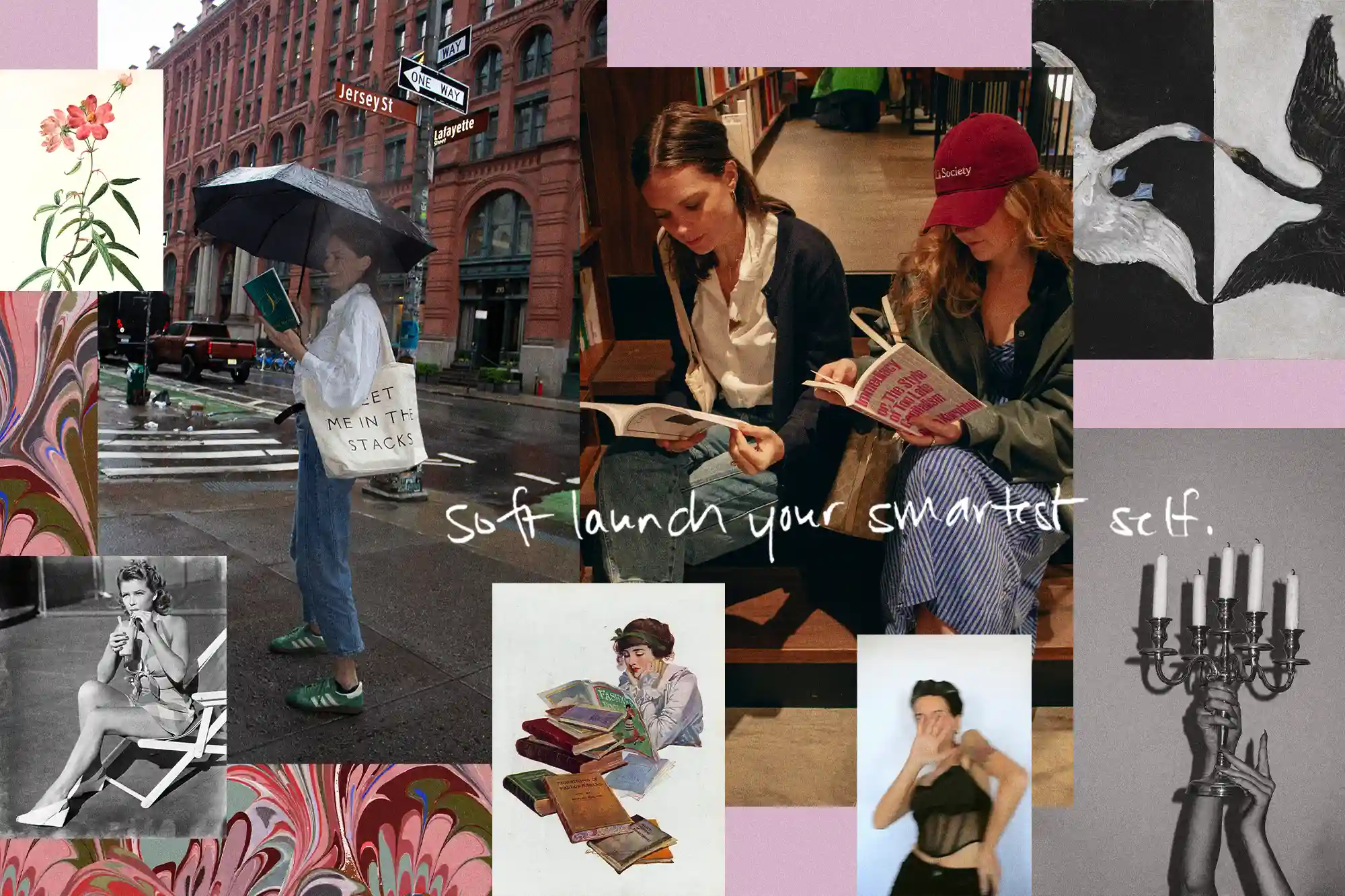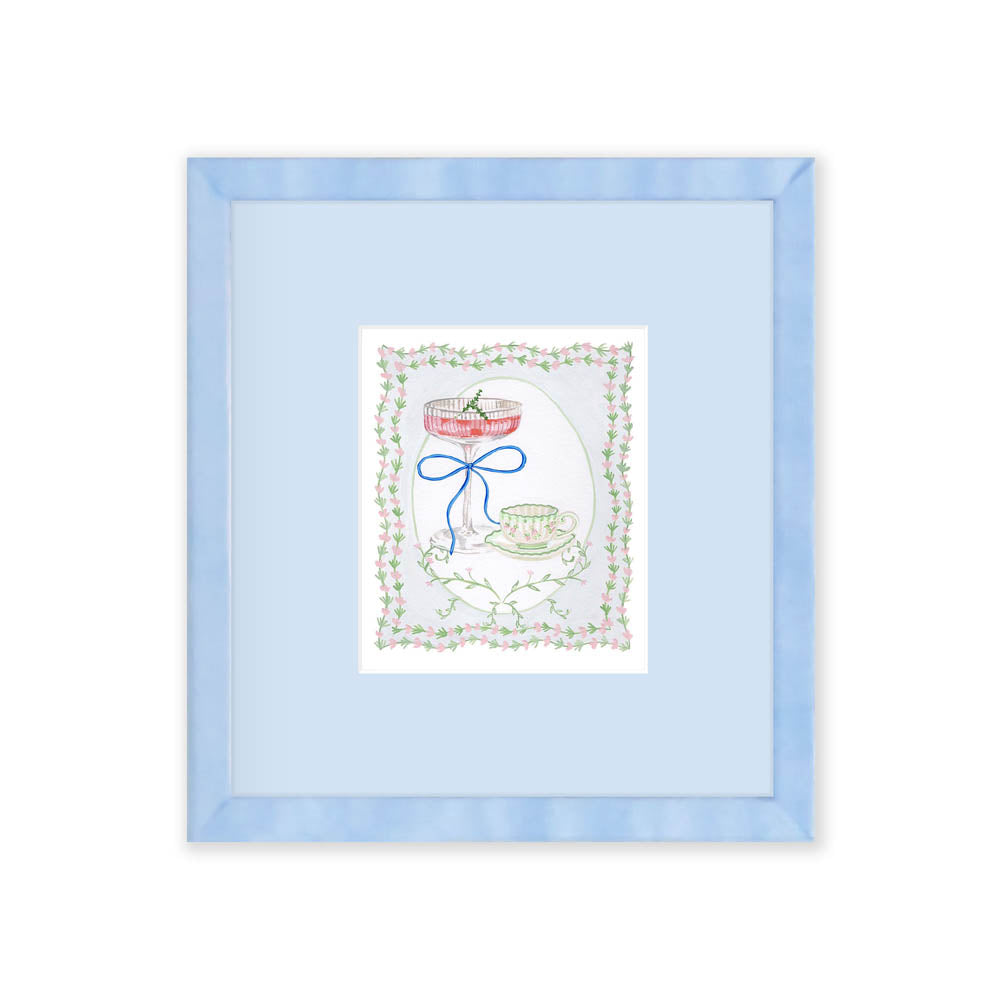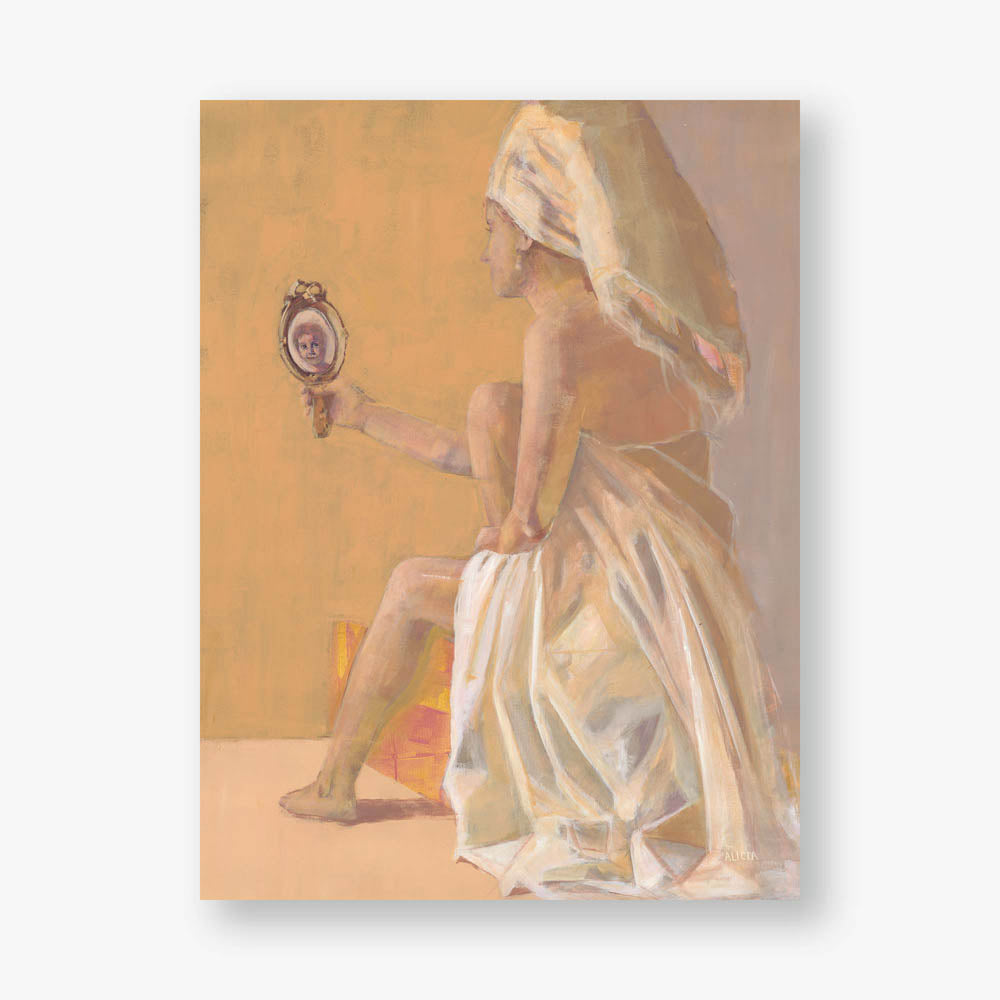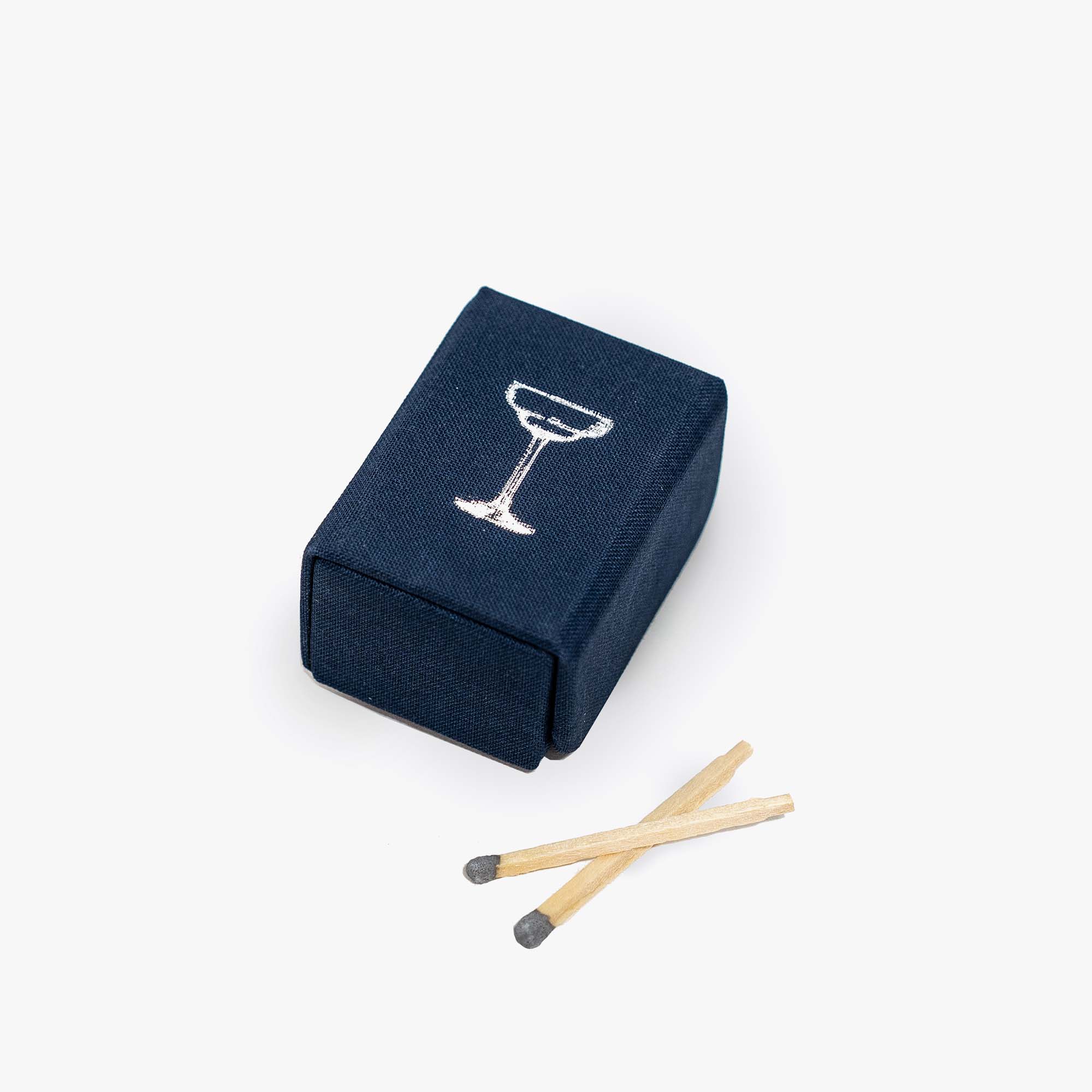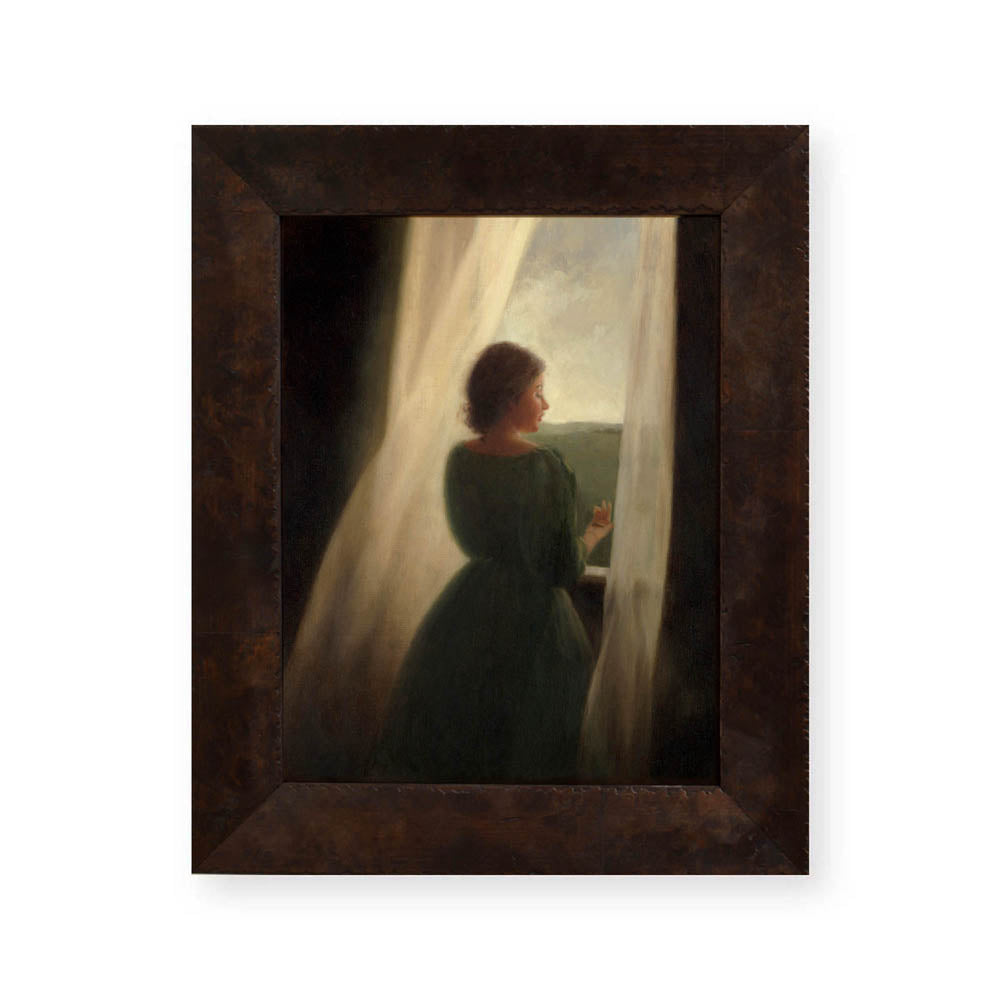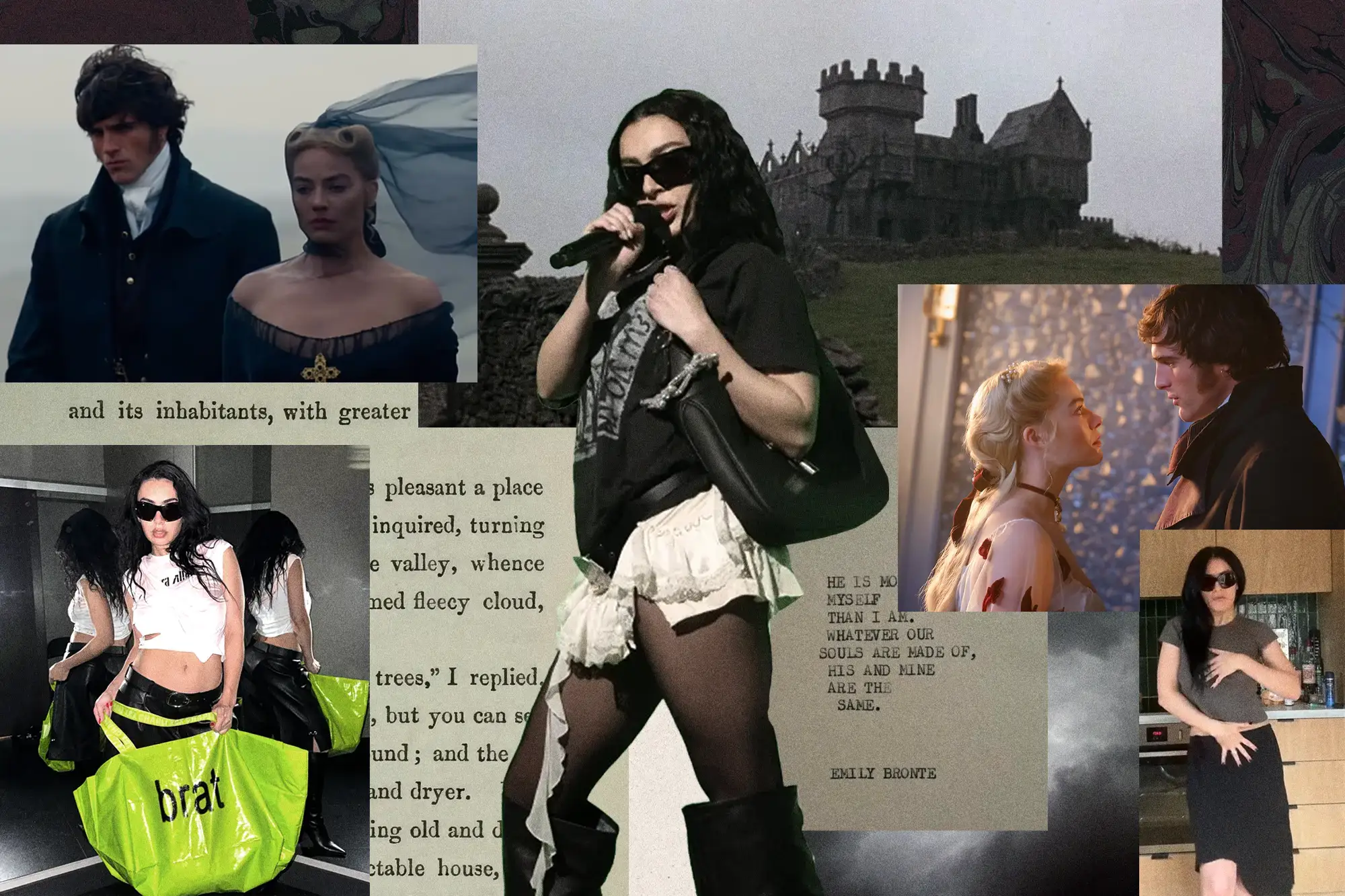“We’ve hit this lightning-in-a-bottle cross-section of book culture, pop culture, and personal experience—and it needs more room to breathe than a book club could ever give.” —Ayana Christie
Google literary clubs in your city and you might be a bit overwhelmed. In New York alone, you’ve got the Center for Fiction’s “Literary Saloon,” and Maison Brooklyn’s “The Lit Salon,” book clubs offered by McNally Jackson and NYPL, invite-only writer nights in Brooklyn brownstones and reading parties where the buzz is as much about who’s in the room as what’s in the pages. And that’s all in addition to the endless tornado of book-related content riproaring through social media in the form of #BookTok, #Bookstagram, #Booktube, and…. you get the point. So many choices, so little time, so much decision paralysis. But where do YOU—and your niche interests—fit into all the book buzz?
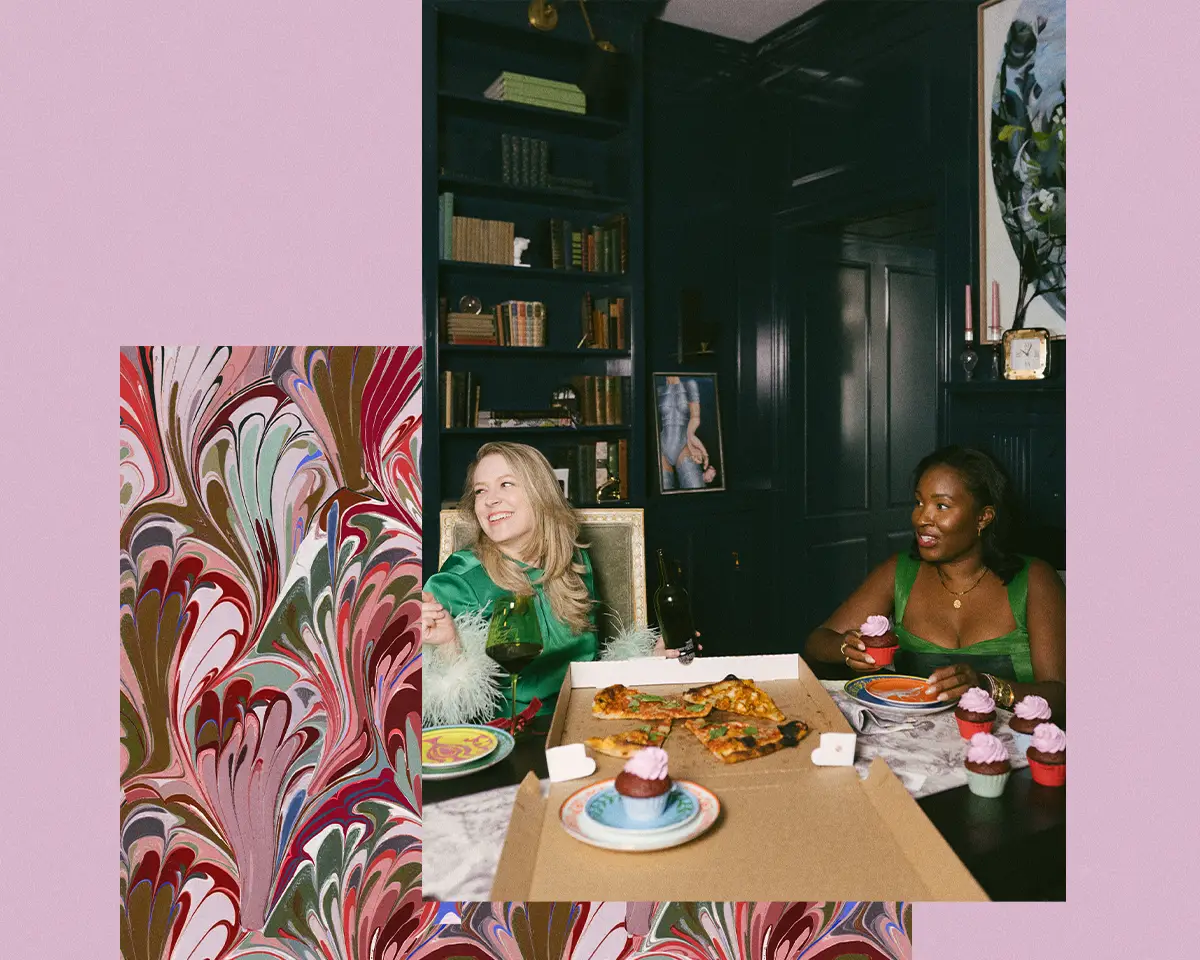
Over the last year, our Founders Jacqueline Bond and Ayana Christie have been dreaming up a highly curated blend of all these genres and formats to satisfy one shared craving: a space for open cultural discourse, close-knit community, and a feeling of being truly in the know. Brewing up the newly-launched Lit Society by Bond & Grace, AC and JB asked themselves, what if book clubs weren’t just about reading the book but about bringing your whole self (and yes, even your quirkiest interests) to a community that doesn’t bat an eye when you don’t finish the book? What if there was a place that was as much about pop culture as it was about books, as much about fashion trends as it was about TV shows, a place where all the things that get you buzzing can be shared and debated—and all at once?
Launching August 11, Lit Society by Bond & Grace is a private membership club blending bookish vibes with cultural cachet. It’s a space to show up curious, unpack life and pop culture, and connect deeply. Reading is encouraged but never strictly required. Membership comes with access to a private virtual platform where you can chat with fellow readers, thinkers, and pop culture lovers—ready to spill your hot takes and deepest feelings. Come ready to unpack your latest Rebecca Yarros read one day and the next, debate if the new season of Project Runway still has it, even without Tim Gunn.
Ahead of the launch, I sat down with Jacqueline and Ayana to explore their vision, uncover what they believe is missing from today’s cultural conversation, and discover which buzzy topics, guests, and gracefully moderated debates they’re most excited to bring to life in the year ahead.
ALS: You like to say Lit Society is “not your average book club.” What do you think traditional book clubs are missing and how are you flipping the script?
Jacqueline: From my experience, most people join book clubs for the connection—not necessarily the book. I can’t tell you how many times I’ve been to a book club where maybe ten minutes are spent talking about the novel, and the rest is swapping stories, venting, or catching up. And honestly? That’s not a bad thing—it just means people are craving community. But I also think many of us want both: a space where we can be seen and heard, and also a space where we actually engage with ideas that challenge and inspire us. That’s why Lit Society flips the script. We create an atmosphere where meaningful conversation and genuine connection can happen in the same breath—where pop culture can sit next to classic literature, and your personal story is just as important as the author’s.
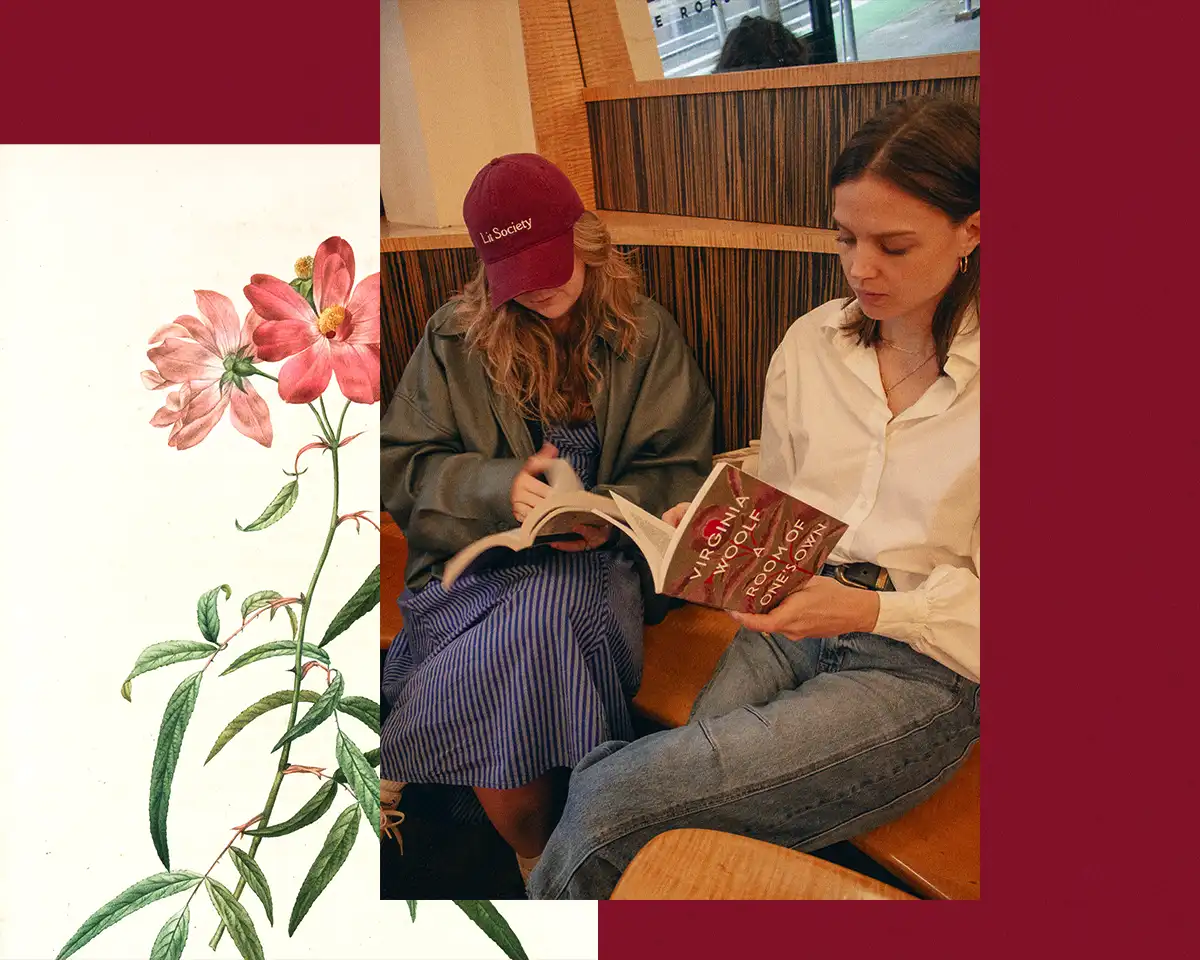
ALS: Lit Society positions intellect as the new it-factor. What does “smart” look like to you in 2025?
Ayana: I’d say Smart in 2025 is discernment. Paying attention to not only what you know but how you know. Disinformation is rampant and only getting worse, it’s never been easier to misunderstand and be misunderstood. In a world that’s moving fast and splitting itself into echo chambers, smart means checking your sources and your blind spots—even with the things you’re pretty sure you’ve got right. Actually, especially with those things. And in a polarized climate? Compassion is part of intellect. It takes real emotional intelligence to seek understanding when outrage would be easier. Smart is knowing when to pause, when to dig deeper with questions not commands, and when to admit you’re still learning.
Jacqueline: Ditto. “Smart” in 2025 looks like curiosity. The people I admire most aren’t the ones with the longest résumés or the biggest vocabularies—they’re the ones asking thoughtful questions and staying genuinely interested in the world and the people around them. Being smart isn’t just about knowing a lot; it’s about wanting to know more. It’s listening as much as (if not more than) you talk. I actually get turned off when I meet someone who’s technically brilliant but spends the whole conversation talking about themselves without once asking a question. True intelligence is generous—it makes space for other voices.
ALS: What was the spark that led you to create Lit Society? Was it a group chat, a dinner party, a gap you saw in the culture?
Ayana: Jacqueline and I had been talking for a while about how to optimize the Bond & Grace content experience—how to make it more alive, more layered. I’d been paying attention to what was happening in the industry, and curated communities right now feel like what blogs were in the early 2000s. The people who started back then and stuck with it are the ones building media ecosystems today. I had a feeling something similar was happening now, and I wanted us to be in that wave—intentionally.
We were originally thinking of launching a simple book club. But then we started noticing what was happening in the comments of our recent deep dive reels. At first it was just one then it was several. Back to back. People were leaving these long, thoughtful (sometimes argumentative) paragraphs—real stories, connections to their own lives, analysis of culture, album drops, the Super Bowl, and scenes from Little Women all in a short span of time.
And I was like, this is it. We’ve hit this lightning-in-a-bottle cross-section of book culture, pop culture, and personal experience—and it needs more room to breathe than a book club could ever give. So Lit Society was born. We’re starting as a virtual salon, but it’s already becoming something richer. It’s a space for people who see books and culture not just as escapes, but also entry points—for connection, for critique, and for community.
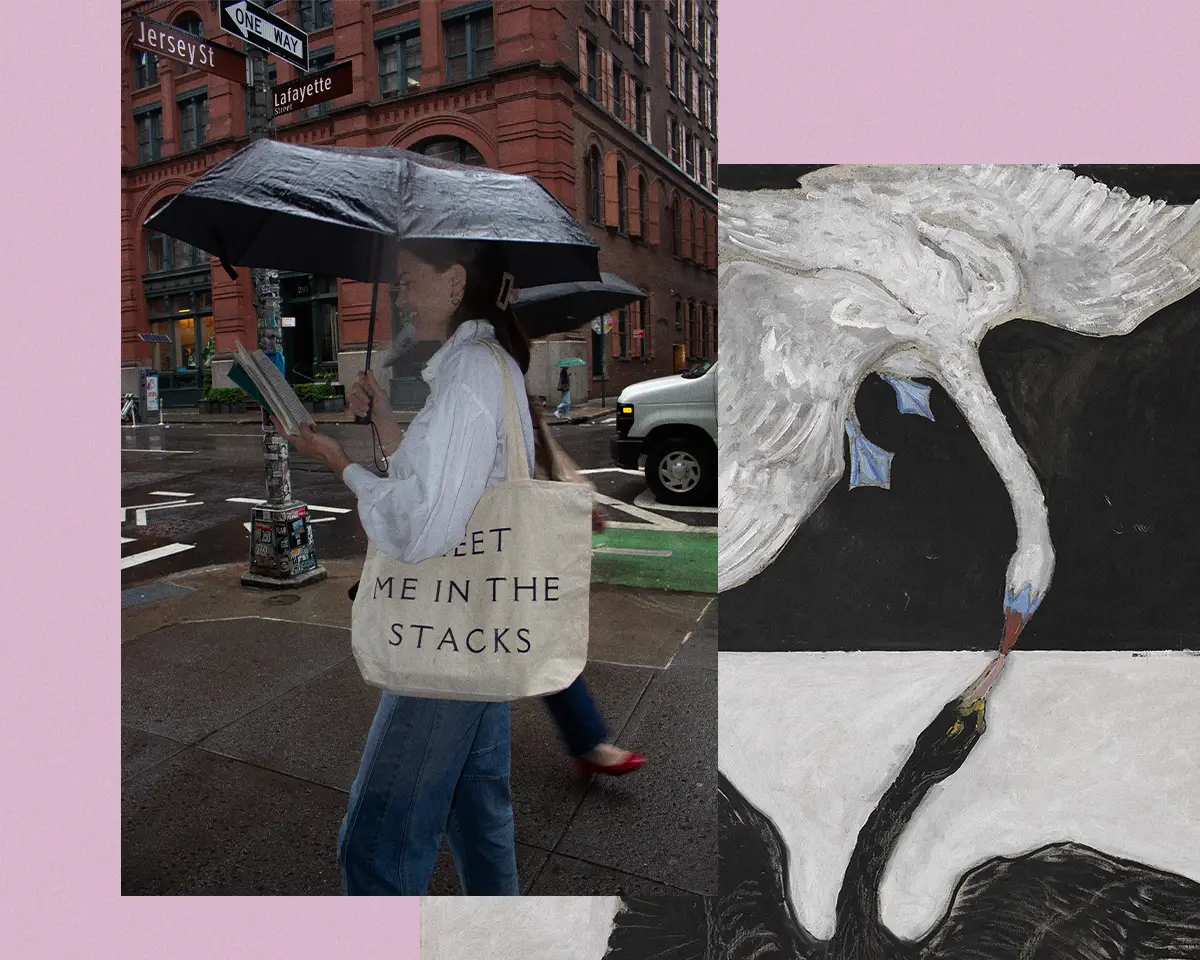
ALS: Lit Society feels like a digital salon, a place where people think, gossip, and connect. What kinds of conversations are you hoping people will have here?
Jacqueline: I want Lit Society to be a space that sparks ideas—whether that’s inspiration for a new book to read, the seed of a business venture, or the urge to finally book that trip you’ve been dreaming about. I hope it’s the kind of place where a casual conversation can lead to a new interest, hobby, or way of seeing the world.
Most of all, I want it to feel like a safe, joyful corner of the internet—a rare place that’s both thought-provoking and positive. We need more spaces like that these days, where curiosity, creativity, and connection can all live together.
Ayana: Yes and I want to see people disagree—politely, but not performatively. I want to see someone change their mind halfway through a thread. Or say, “I never thought of it that way,” because the conversation was rich enough to expand their perspective.
That’s what happens when you ask the right question and create the conditions for something real to unfold. Our team is incredible at curating with intention—bringing together the right mix of prompts, references, and unexpected pairings so people can connect ideas and connect with each other.
ALS: You’ve built in channels for everything from fashion and design to pop culture and productivity hacks. Why was it important to move beyond just books?
Ayana: Books are a starting point—but everything we feel, learn, and unpack from them shows up in real life: in our conversations, in our creative work, in the way we dress, rest, move, and make decisions. For me, a space that mirrored the so what? of reading couldn’t stop at the page. It had to be books plus the ripple effects—fashion, music, design, tech, productivity, pop culture–everything. That’s where the meaning lands. That’s where the connection lives.
ALS: What kind of member do you hope finds Lit Society? And what kind of members are you hoping find each other?
Jacqueline: What I love about Lit Society is that I can picture such different people finding their place here—and finding each other. I can see someone in their 70s, newly retired after a long career, finally taking a breath and ready to re-engage with the world, learn something new, and maybe even discover a new purpose.
And I can also see someone fresh out of college, standing at the edge of all life’s possibilities, feeling both excited and a little lonely in the uncertainty of it all. Wouldn’t it be beautiful if those two people—at such different stages of life—met here, exchanged stories, and somehow changed the course of each other’s lives? That’s the kind of connection I’m hoping Lit Society makes possible.
ALS: What Lit Society event are you most excited about?
Jacquline: I can’t spill all the details just yet, but let’s just say we were literally jumping out of our seats when we confirmed one of our upcoming guest speakers. It’s going to be big. Even without this special guest, the lineup is incredible. We’ve confirmed bestselling authors, brilliant artists, and—hint, hint—a famous actress to join our conversations. Every guest brings something completely unique, and the best part is… we’re just getting started. The programming is only going to get better from here.
Ayana: I can’t choose. The lineup is such a good mix—from niche subgenre deep dives and sessions on how to train your artistic eye, to getting your book prescription based on your birth chart, and debating whether attractive people make the best villains. The topics really run the gamut, and that’s the point. I’m excited to see what lights people up, what sparks unexpected dialogue, and how the community starts shaping the space alongside us.
ALS: Be honest: how often do you finish the book? OR what’s a book you never finished but still think about?
JB: I probably need therapy for this, but I’m completely incapable of not finishing a book—even if I hate it. It’s like a personal rule I can’t break. Case in point: there’s one book I’ve been slogging through for, I kid you not, two years. I can’t stand it, but I refuse to give up. It’s stubbornness, loyalty, or maybe just literary masochism at this point. I don’t recommend it.
AC: Hmm—it really depends. I’m very choosy about what I finish. I’ve always collected books more for when I need them vs with the intention to read them right away. As a kid, I used to spend hours in the Union Square Barnes & Noble skimming and taking notes. I wouldn’t buy every book I wanted to try, so I learned how to assess a book on the fly. So I guess that habit stuck. I still skim, annotate, and shelve books for the version of me who’ll need them later. I know I can use AI to get loads of highlights and insights from books I don’t have but I enjoy the process of manual indexing. My dream is to have a fully tagged home library with labels like: Read this when grieving, Read this after a major win, Read this when you go to Australia.
ALS: Who is your dream celebrity feature on Lit Society? Could be a pop culture icon, writer, anyone!
Jacqueline: For me, dream guests fall into two camps. On the cultural icon side, definitely Oprah or Michelle Obama—women who embody wisdom, influence, and the ability to connect with people on a deeply human level. On the literary/pop culture side, I think Sarah J. Maas would be such a fun, dynamic interview. And honestly? Anyone from the cast of the new Pride and Prejudice series would be a thrill. I love the idea of blending big cultural conversations with the joy of talking about the stories we adore.
Ayana: I’d love to have Rebecca Hall join us. She directed the film adaptation of Passing and shared that her maternal grandfather was a Black man who “passed” as white, and that discovery reshaped how she saw her own family history and led her to explore Passing with such care and complexity. What I admire is how she treated Nella Larsen’s work as art, history, AND a personal excavation. A conversation with her—about inheritance, identity, erasure, and what we choose to see or not see—feels right at home in Lit Society.
To sign up for Lit Society, CLICK HERE.



